However, for Resolution 68-NQ/TW to come into practice, a systematic and comprehensive institutionalization process is needed. The core factor is to create a stable legal and policy environment, helping entrepreneurs feel secure in investing and getting rich legitimately.
Bad institutions will eliminate development motivation.

According to Associate Professor, Dr. Nguyen Trong Dieu - Chairman of the Vietnam Association of Private Entrepreneurs, Resolution 68-NQ/TW of the Politburo is a historic turning point, opening up opportunities for the private economy to make breakthroughs, while marking a strategic change in national governance and creating a foundation for the country's sustainable development.
Agreeing with this view, Associate Professor, Dr. Tran Dinh Thien, former Director of the Vietnam Economic Institute, member of the Prime Minister 's Policy Advisory Council, said that Resolution 68 not only affirms but also defines the mission of entrepreneurs. The new resolution will also change the attitude and policy mechanism for the private economic sector. It can be said that private enterprises have been completely liberated for development.
From the business perspective, Ms. Nguyen Thi Nga - Permanent Vice President of the Vietnam Association of Private Entrepreneurs, President of BRG Group said that with the incentives and incentives given to foreign-invested enterprises (FDI) in the past few decades, the domestic private economic sector is losing its competitiveness and is at risk of losing itself at home, even though it still contributes nearly 60% to GDP, compared to around 20% of the FDI sector.
FDI enterprises currently account for two-thirds of Vietnam's export turnover. However, the activities of FDI enterprises in Vietnam currently focus on processing and assembling with low added value, prioritizing the exploitation of cheap labor resources rather than expanding and developing core business activities in Vietnam. On the contrary, the private sector still has abundant potential and huge room for development, from large enterprises to small and medium-sized enterprises.
Besides, although the spirit of reform has been initiated, reality shows that cumbersome and overlapping procedures are still causing investment capital to be blocked, development opportunities to be eroded and business confidence to be challenged.
Mr. Dau Anh Tuan, Deputy General Secretary, Head of the Legal Department of the Vietnam Federation of Commerce and Industry (VCCI), stated the current situation: “To implement a project using land, enterprises must go through at least 15 major procedures, not to mention countless small procedures related to planning, investment policies, bidding, land lease, environmental impact assessment... Enterprises want to invest, investors are willing to invest, but the procedural process is too long, making them tired of waiting.”
The waste is not only time, but also opportunity. Because many of these procedures can be reformed if there is political determination. Mr. Tuan quoted Prime Minister Pham Minh Chinh: "Why do projects that are included in detailed planning and have been assessed for environmental impact still have to start from scratch every time there is a new investor?"

According to Dr. Tran Thi Hong Minh - Director of the Institute for Policy and Strategy Studies, Central Policy and Strategy Committee, the biggest challenge now is institutionalization.
If the institution is not good, it will become a barrier and eliminate the driving force for development. “Reform must start from very specific things, not generalities. Even a small requirement such as a criminal record in a business profile can be a barrier if not implemented transparently,” Dr. Tran Thi Hong Minh shared.
Urgently remove institutional bottlenecks, free up businesses

At the workshop, VCCI Deputy Secretary General Dau Anh Tuan pointed out that current investment procedures are a major bottleneck that slows down capital flow into the economy, especially land-use projects. He cited a survey showing that 74% of businesses have to delay or cancel investment plans due to problems with land administration procedures.
Therefore, to put the resolution into practice, drastic actions from the Government and the National Assembly are needed to improve institutions, simplify procedures and promote a smarter investment environment for private enterprises.
BRG Group Chairwoman Nguyen Thi Nga also emphasized that in order for Resolution 68-NQ/TW to come into practice, a systematic and comprehensive institutionalization process is needed. The core factor is to create a stable legal and policy environment, helping entrepreneurs feel secure in investing and getting rich legitimately.
According to Dr. Tran Thi Hong Minh, Director of the Institute for Policy and Strategy Studies, Central Policy and Strategy Committee, it is necessary to strongly reform administration, especially in enhancing the responsibility of cadres and civil servants.
“If we want the Resolutions to come into effect, the human factor - those who directly interact with businesses - must change. There must be clear KPIs. Businesses and citizens must have the right to evaluate whether civil servants are fulfilling their responsibilities or not,” Dr. Tran Thi Hong Minh emphasized.
According to Dr. Phan Duc Hieu, Standing Member of the National Assembly's Economic Committee, the private economic sector can only truly transform itself from a "supplementary" role to an "important driving force of the economy" when the institutional and policy environment is synchronously improved; at the same time, businesses themselves must also improve their management capacity, productivity and innovation capabilities.
Agreeing with this view, Associate Professor, Dr. Tran Dinh Thien said that the core thing for the private economy to become the most important driving force of the economy is to remove constraints and clear institutional bottlenecks that are hindering development, especially in key areas such as infrastructure and human resources.
State reform needs to go hand in hand with market reform, in order to create an equal business environment among economic sectors.
On the morning of May 26, the scientific workshop “Private economy is the most important driving force of the economy”, organized by the Vietnam Association of Private Entrepreneurs, attracted the participation of many experts, managers and businesses. The presentations at the workshop focused on clarifying the opportunities, potentials and challenges of the private economy in its mission as the most important driving force of the economy, as well as the full and scientific institutionalization of Resolution 68/NQ-TW into practice in the era of national development.
Source: https://hanoimoi.vn/can-coi-bo-triet-de-cho-doanh-nghiep-tu-nhan-phat-trien-703553.html



![[Photo] Hungarian President and his wife take a walk and enjoy the view of Hoan Kiem Lake](https://vphoto.vietnam.vn/thumb/1200x675/vietnam/resource/IMAGE/2025/5/28/b9c83fbe6d5849a4805f986af8d33f39)


![[Photo] Hungarian President begins official visit to Vietnam](https://vphoto.vietnam.vn/thumb/1200x675/vietnam/resource/IMAGE/2025/5/27/ab75a654c6934572a4f1a566ac63ce82)



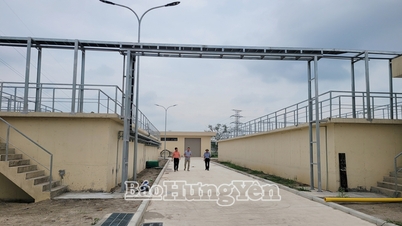

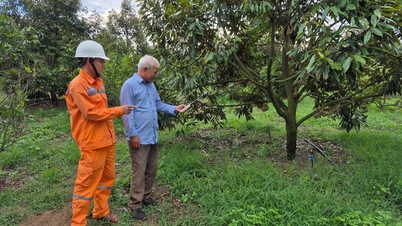





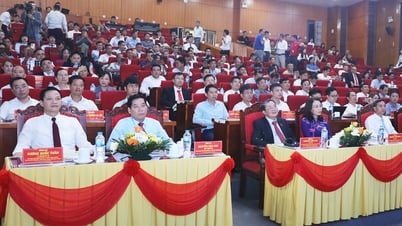











![[Photo] Vice President Vo Thi Anh Xuan, French President Emmanuel Macron and his wife visit Hanoi University of Science and Technology](https://vphoto.vietnam.vn/thumb/1200x675/vietnam/resource/IMAGE/2025/5/27/267b6f2bdf3e46439f081b49f6ec26b1)

























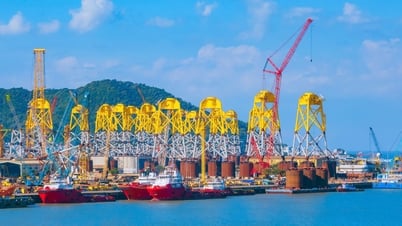


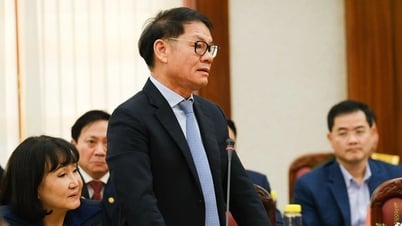







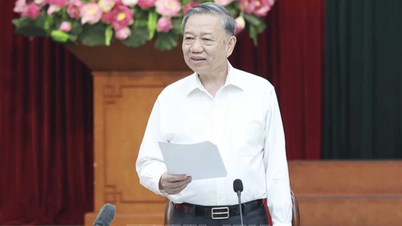


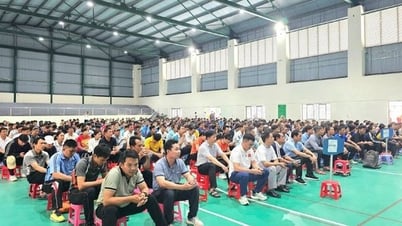
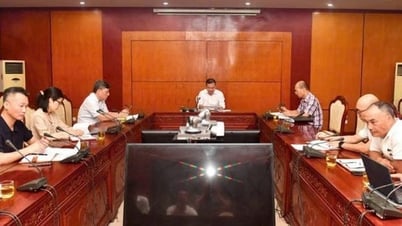

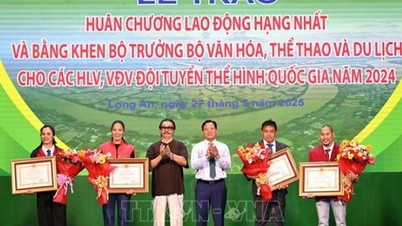





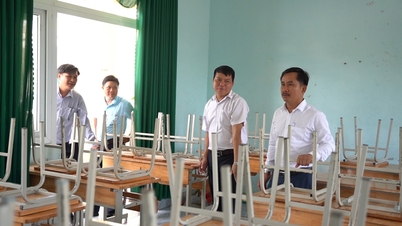

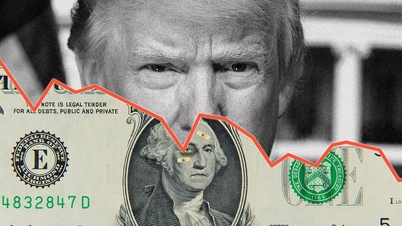













Comment (0)